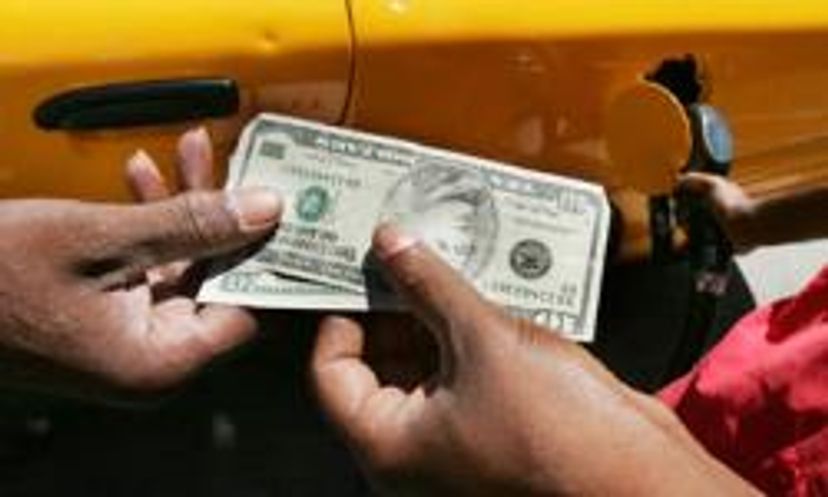
About This Quiz
In these difficult economic times, it is important to know how to set up and keep to a budget. Planning, executing and staying on course are all necessary stages for a successful result -- and it can be a very creative and gratifying experience. Take this quiz and learn how you can a plan a budget, stick to it and even earn some extra money in the bargain.If you make a budget, you know exactly how much money you have coming in and how much is going out. Without a budget plan, you don’t have a sense of your finances and may be tempted to borrow money rather than trim your expenditures
As arguing about money is one of the major causes of divorce, managing a budget together can help a couple reduce the financial stress on their marriage.
The most common major purchases are homes and vehicles. If you're buying a home, you'll probably have to make a 20% down payment and take out a mortgage to cover it. If you can make the down payment without taking out a loan, you'll have a much lower monthly payment. The same goes for a car.
Advertisement
Once you figure out how much you can afford to save every month, have the money direct-deposited to your savings account or mutual fund. Be consistent and make sure to put the money in every month.
Using cash instead of credit or debit cards makes it easier to control your spending habits.
Take out enough cash to last one week at a time. That amount will have to cover everything you need to buy that week and will make you think twice about buying things on a whim.
Advertisement
If you stop the expensive habits of smoking and drinking, you can use the cigarette and/or alcohol money for your other expenses. What’s more, your health will undoubtedly improve, so you’ll also save on health care expenses.
The entire family should share the responsibility for the budget. Sit down together and figure out how much money each one should have. If everyone cuts back a little, it can make a big difference.
Take the card with the highest interest rate and pay as much as you can on it every month. Pay the minimum balance on the other cards until you've paid off the first card. Then do the same process with the next highest card.
Advertisement
Keeping track of your expenditures can help you stick to your budget. If you save your receipts and write down the places you spend money, you'll be less likely to overspend when you realize how much you actually have spent.
A few small errors could incur overdraft charges and insufficient funds in your account. If you balance your checkbook every time you get a bank statement, you can ensure that your ledger is accurate.
To see where you can cut expenses, look through all your receipts. You could bring your lunch to work instead of going out to eat; or you could save on gas by organizing a carpool.
Advertisement
If you tend to dip into your savings, set up a CD or other account that has a penalty for early withdrawal. Your money can earn higher interest in this kind of account the longer you agree to keep it in.
Discretionary expenses are things you could live without. On a budget, when you take out enough cash to last one week at a time, it may curtail your temptation to spend money on things you don’t really need.
If you give up expensive and unhealthy habits like smoking and drinking, not only will you save money by eliminating those expenditures from your budget, but when your health inevitably improves, you could be eligible for lower insurance premiums.
Advertisement
Although it may seem like a good way to stay on budget, it is not a good idea to pay the minimum each month, as you will be racking up more interest in the long run. Systematically pay off the credit cards with the highest interest as quickly as you can.
As you save your receipts, write down the places where you spend money. Seeing what your spending patterns are will help you cut down on some of your expenditures.
It is important to balance your checkbook on a regular basis, so tally it up every time you get a bank statement – and make sure the numbers match.
Advertisement
The first step in balancing your checkbook is to list every check you write in your register. To be sure you don't forget any, you can get checks that have carbon copies. To help you master the task, there are Web sites that can guide you through the process.
A CD is a certificate of deposit. To have your savings make money for you and to keep you from being tempted to spend it, you can put your money into an interest-earning CD.